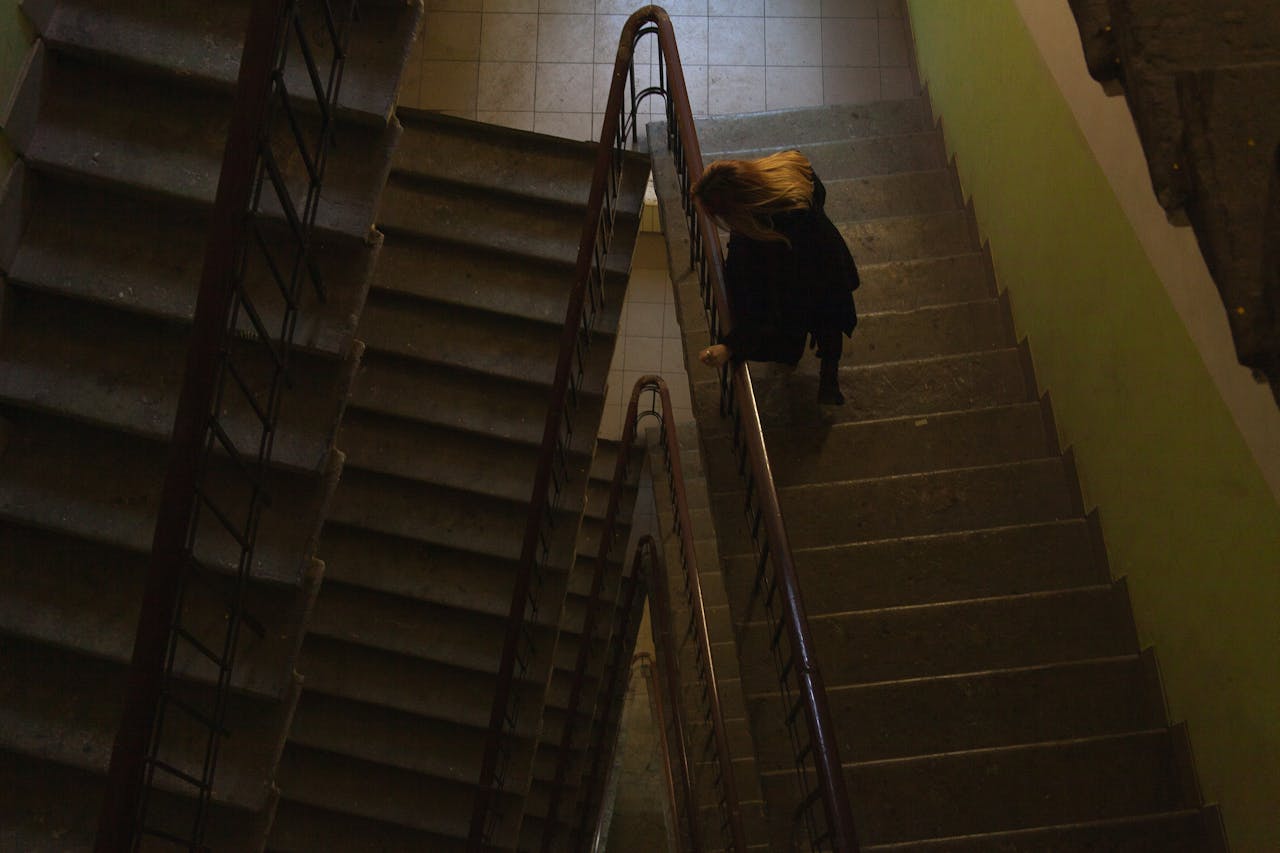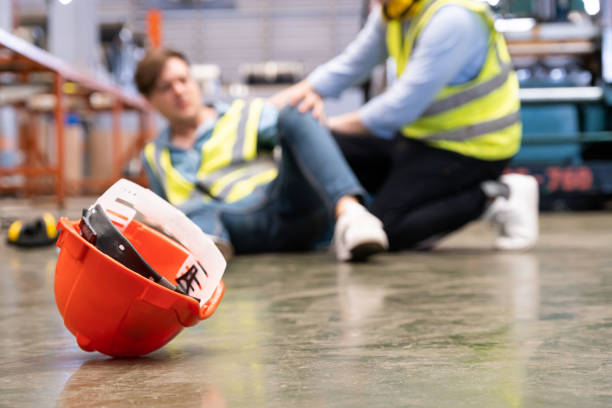Understanding premises liability laws can be a daunting task, especially for tenants who may not be well-versed in legal jargon and responsibilities. However, knowing these laws is crucial for ensuring safety and protecting your rights. If you ever find yourself in a situation where you need legal advice, consulting a professional Fort Lauderdale personal injury lawyer can be beneficial.
Premises liability refers to the legal responsibility of property owners and landlords to ensure their property is safe for tenants and visitors. When someone gets injured on the property due to hazardous conditions, the landlord or property owner can be held liable if they fail to address the danger. This area of law covers various scenarios, from slip-and-fall accidents to injuries caused by defective structures. Understanding the scope of premises liability is the first step towards protecting yourself as a tenant.
Contents
Identifying Potential Hazards
To navigate premises liability laws, tenants must be proactive in identifying potential hazards within their living environment. These hazards can range from wet floors and loose railings to faulty electrical wiring. Recognizing these dangers early on and reporting them to your landlord can prevent accidents and potential legal disputes. Keep a written record of all hazards you report, as this documentation can be crucial if an injury occurs and legal action is needed.
The Importance of Regular Inspections
Regular inspections of your living space can help identify and address potential risks before they become serious issues. Make it a habit to inspect common areas, entrances, and other parts of the property for any signs of danger. If your landlord conducts regular inspections, ensure you are present to point out any concerns you might have. This proactive approach not only helps maintain a safe living environment but also demonstrates your diligence in case of any future legal proceedings.
Knowing Your Landlord’s Responsibilities
As a tenant, it is vital to understand your landlord’s responsibilities under premises liability laws. Landlords are required to maintain the property and address any hazards that could cause harm. This includes repairing structural damages, ensuring proper lighting in common areas, and addressing issues like mold or pest infestations. Knowing these responsibilities allows you to hold your landlord accountable and ensures that they fulfill their legal obligations.
Documenting Your Concerns
Documentation plays a critical role in premises liability cases. Whenever you report a hazard to your landlord, make sure to do so in writing and keep copies of all correspondence. Take photographs of the hazardous conditions and note the dates when you reported them. This evidence can be invaluable if you need to pursue a legal claim due to an injury. It demonstrates that you took reasonable steps to inform your landlord and that they failed to act.
Understanding the Legal Process
If you are injured due to a hazardous condition on the property, it is essential to understand the legal process for filing a premises liability claim. Start by seeking medical attention and documenting your injuries. Then, gather all evidence related to the hazardous condition and your communications with the landlord. Consulting with a personal injury lawyer can provide clarity on the next steps, ensuring that you follow the correct legal procedures.
Tenant’s Rights in Premises Liability Cases
Tenants have specific rights under premises liability laws that protect them from unsafe living conditions. These rights include the right to a safe and habitable living environment and the right to take legal action if injured due to landlord negligence. Familiarize yourself with these rights to ensure you can advocate for yourself effectively. Knowing your rights empowers you to take necessary actions if your landlord fails to maintain a safe property.
How to Prove Landlord Negligence
Proving landlord negligence is crucial in premises liability cases. To establish negligence, you must demonstrate that the landlord knew or should have known about the hazardous condition and failed to address it. This involves showing that the dangerous condition existed for a sufficient period, giving the landlord reasonable time to fix it. Evidence such as maintenance records, witness statements, and documentation can help build a strong case.
The Role of Comparative Negligence
In some premises liability cases, the concept of comparative negligence may come into play. This means that if you, as a tenant, are found partially responsible for the accident, your compensation may be reduced by the percentage of your fault. For instance, you might share some responsibility if you ignored clearly posted warnings or engaged in risky behavior. Understanding how comparative negligence works can help you prepare for potential legal defenses from the landlord.
Seeking Legal Assistance
Navigating premises liability laws can be complex, and seeking legal assistance is often necessary to protect your rights. A personal injury lawyer can help you understand the intricacies of the law, gather evidence, and represent you in court if needed. They can also negotiate with the landlord’s insurance company to ensure you receive fair compensation for your injuries. Legal expertise is invaluable in premises liability cases, providing you with the support needed to achieve a favorable outcome.
Conclusion
Navigating premises liability laws as a tenant requires a proactive approach to identifying hazards, understanding legal responsibilities, and documenting concerns. By familiarizing yourself with your rights and the legal processes involved, you can better protect yourself and ensure a safe living environment. In cases where landlord negligence leads to injury, seeking legal assistance from a professional can provide the guidance and support needed to navigate the complexities of premises liability law effectively. Taking these steps safeguards your well-being and upholds your rights as a tenant.




